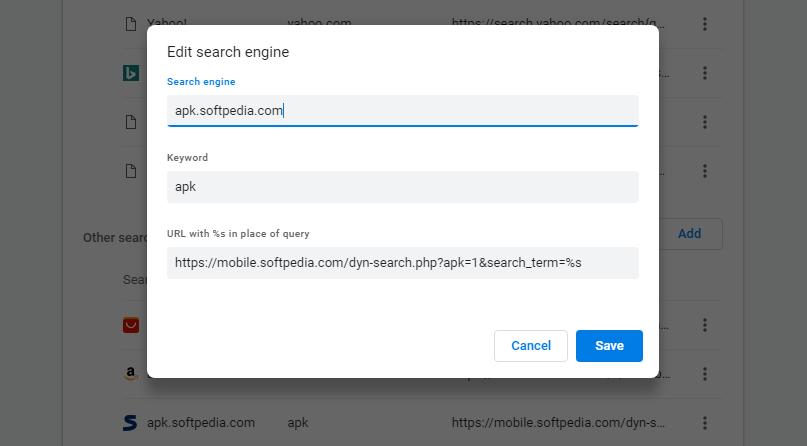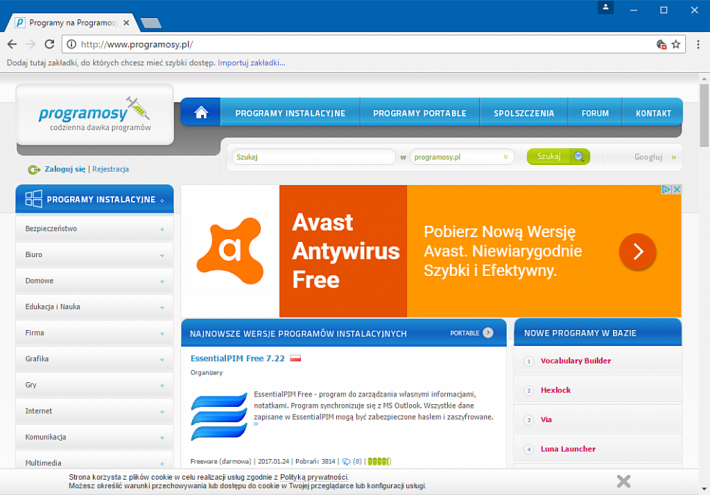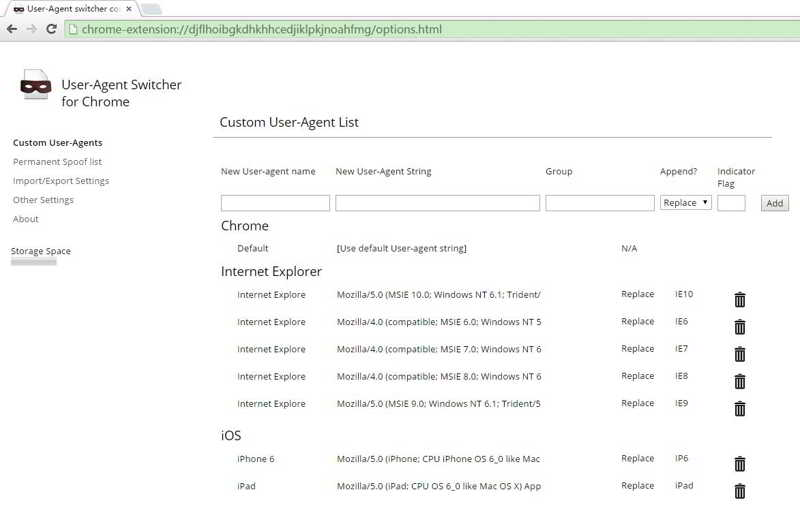

If you offer a product that calls upon Google’s Web Services there is a monetary cost involved once the number of your users’ connections exceeds the monthly upper limit for free usage. In order to boost the development of Chromium-based (embedded) browser products, Google made deals with 3rd parties as far back as 2013 (from what I could find) and spiced the API keys of these 3rd parties with access to crucial Google Webservices providing features that would draw users to these products.
#Ungoogled chromium search engine android#
This Chrome Sync capability in Chromium based browsers allows you to login to Google’s Sync cloud servers and save your passwords, browsing history and bookmarks/favorites to your personal encrypted cloud vault inside Google’s infrastructure.Įxtremely convenient for people who access the Internet using multiple devices (like me: Chrome on a few Windows desktops, Chromium on several Slackware desktops and laptop and Chrome Mobile on my Android smartphone) and who want a unified user experience in Chrome/chromium across all these platforms. The most prominent feature which will be blocked after March 15th is the “Chrome Sync”. The safe browsing feature identifies unsafe websites across the Internet and notifies browser users about the potential harm such websites can cause.

The most important service that remains open is “safe browsing”. Meaning, every Chromium based product not officially distributed by Google will be limited to the use of only a few public Google Chrome web services. On March 15th 2021, Google is going to block non-Google chromium-based browsers from accessing certain “private Google Chrome web services” by unilaterally revoking agreements made with 3rd parties in the past.

Configuring for optimal privacy (+functionality).… Aka the future of Chromium based (embedded) browsers

In order to understand Ungoogled Chromium, you first need to understand what Chromium is. In short, Chromium is the open-source engine and framework that Google Chrome is derived from. This does not necessarily mean that Chromium is Google Chrome. This also does not at all mean that Chromium, as it is, is a private alternative to Google Chrome. This gap is exactly where Ungoogled Chromium steps in. Ungoogled Chromium is what its name implies it is Chromium stripped of its dependencies on Google web services such as "Safe Browsing" and Google Location Service. This improves your online privacy because it totally eliminates the "phoning home" to Google servers - something that even regular Chromium does.įor example, "Safe Browsing" sends data of the sites you visit to Google to ensure that these sites are "safe." This feature sounds good, but if you follow your standard internet safety checklists, you'll be pretty good at avoiding obviously "unsafe" sites. The privacy issue with a "Safe Browsing" web search is that Google you're feeding the G machine free information. #INSTALL EXTENSIONS UNGOOGLED CHROMIUM FREE# You can bet that they are recording what sites you visit, when you visit them, how often you visit them, and etc. Ungoogled Chromium also removes the Google (and other Big Data/Big Tech) defaults.įor example, regular Chromium sets your browser's default search engine to Google. Ungoogled Chromium's default is its "No Search" feature.


 0 kommentar(er)
0 kommentar(er)
